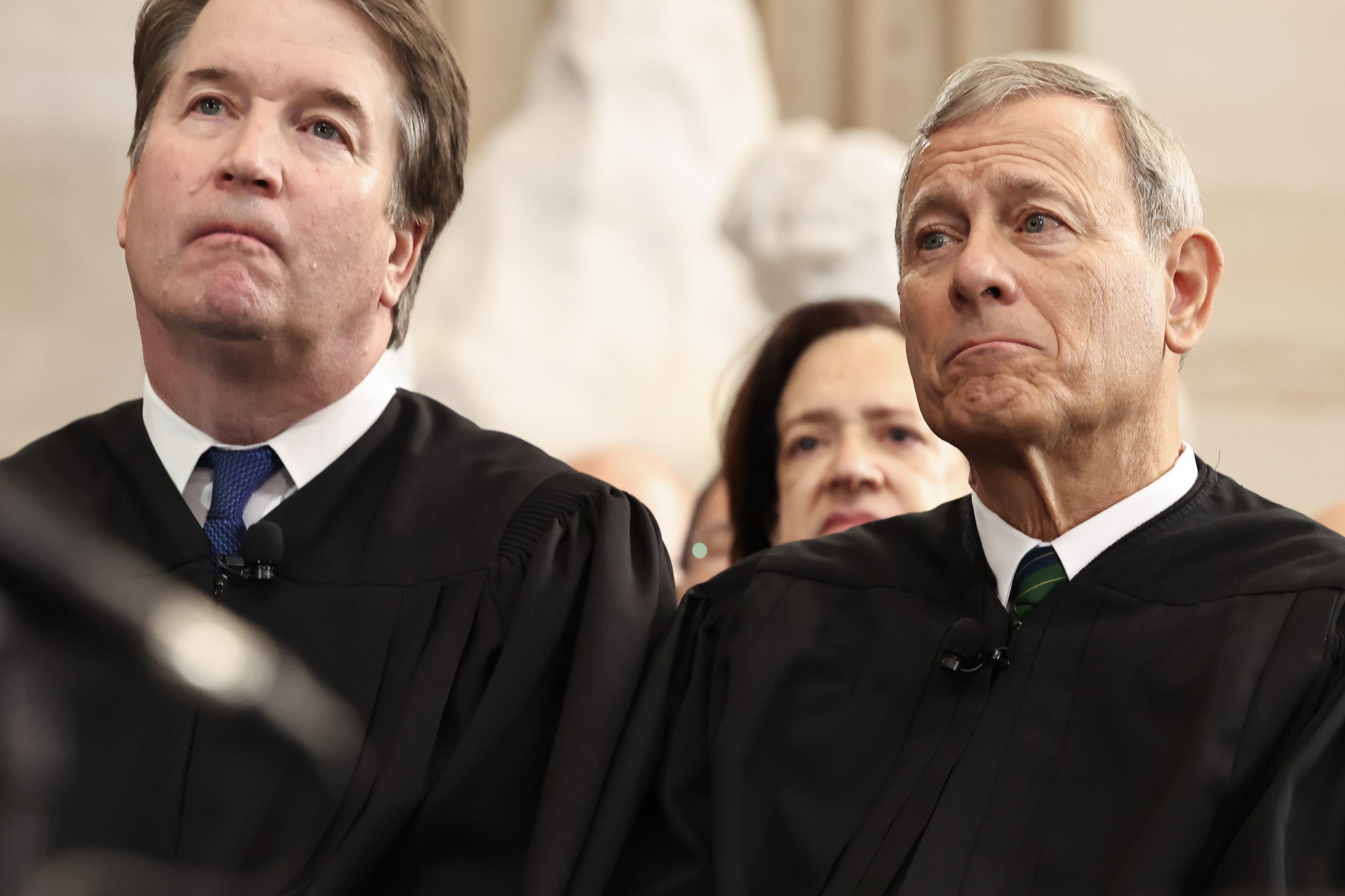SCOTUS Ruling Fuels Trump’s Power, Sidelines Congress
A recent Supreme Court decision has ignited a firestorm of debate, raising serious questions about the balance of power between the executive and legislative branches. The order effectively grants President Trump the authority to unilaterally cancel $4 billion in foreign aid spending, despite Congress having explicitly mandated that the funds be allocated. This move, based on the president’s assertion of the power to “impound” funds, could reshape the landscape of American governance.
The “Impoundment” Controversy
The crux of the issue lies in the concept of “impoundment,” which refers to the president’s refusal to spend money appropriated by Congress. Historically, the legal consensus, regardless of political leaning, has been that impoundment is unconstitutional. Even prominent legal figures like future Chief Justice William Rehnquist expressed skepticism about any constitutional justification for a president’s refusal to comply with congressional spending directives. Trump’s actions challenge this long-held understanding, potentially establishing a precedent that significantly weakens Congress’s control over the nation’s purse strings.
A Shift in the Balance of Power?
The Supreme Court’s order, while seemingly narrow in scope, carries profound implications. By allowing Trump to cancel congressionally mandated spending, the court has seemingly emboldened the executive branch at the expense of the legislative. This raises concerns about the potential for future presidents to disregard congressional appropriations, effectively undermining Congress’s constitutional role in budgeting and policymaking. The decision arrives at a time of already heightened political polarization, further exacerbating tensions between the branches of government.
Legal and Political Fallout
The long-term consequences of this ruling remain uncertain. Legal scholars are already dissecting the decision, analyzing its potential impact on future disputes between the president and Congress. Politically, the ruling is likely to fuel further accusations of executive overreach and calls for congressional action to reassert its authority. Whether this will lead to legislative attempts to clarify the limits of presidential power or further entrench the existing power dynamics remains to be seen. One thing is clear: the Supreme Court’s decision has injected a new level of uncertainty into the already complex relationship between the executive and legislative branches, potentially reshaping the future of American governance.
SOURCE: Vox
Based on materials: Vox





